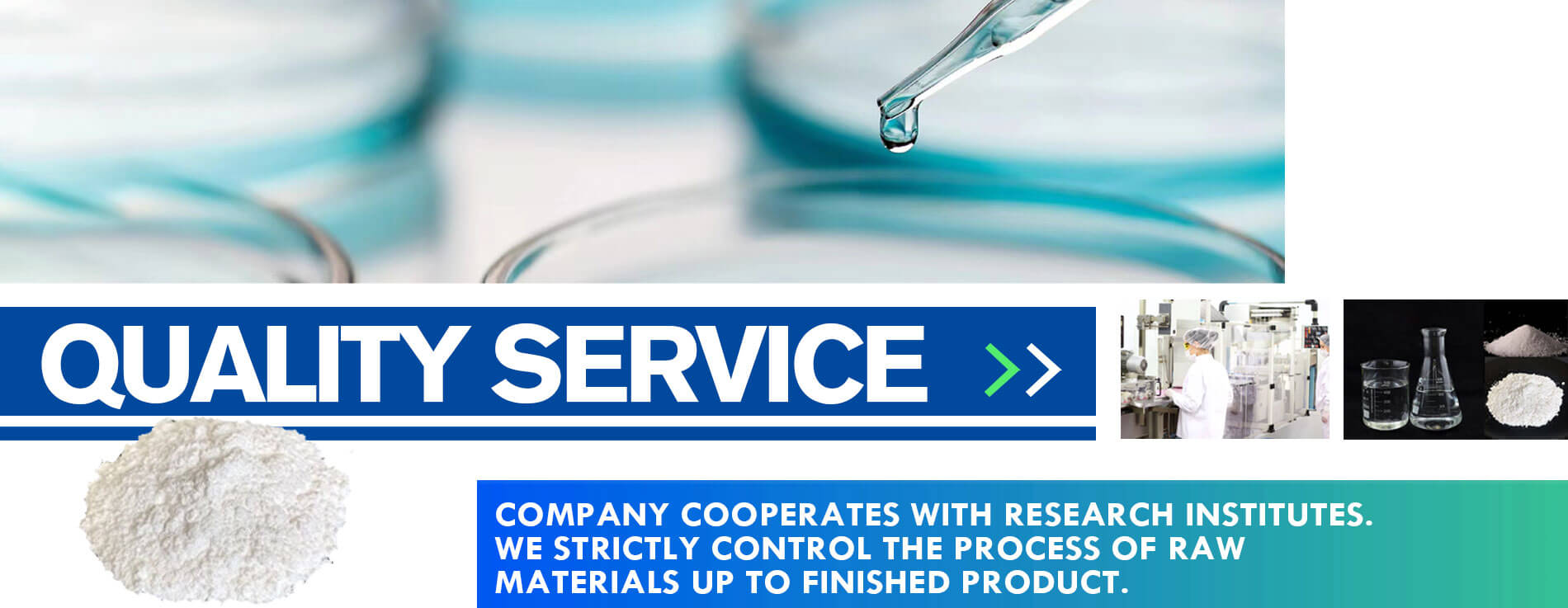As a leading Decyl Alcohol supplier, we deliver high-quality products across diverse grades to meet evolving needs, empowering global customers with safe, efficient, and compliant chemical solutions.
What are the main uses of Decyl Alcohol?
Decyl Alcohol has a wide range of uses and is useful in various fields.
In the chemical industry, it is an important raw material for the preparation of esters. It can be esterified with acids to obtain decanoate. This ester is commonly used in the fragrance industry, such as the prepared ethyl decanoate, which has a special fruity aroma and is often added to the essence, giving it a unique aroma. It is used in daily chemical perfumes, skin care products, etc., and can increase its fragrance.
Decanol is also used in the preparation of surfactants. After chemical reaction, nonionic surfactants can be prepared. Such active agents play a significant role in detergents and emulsifiers. In detergents, it can reduce the surface tension of water, make oil more easily dispersed, emulsified, and improve cleaning power; in emulsifiers, it can form a stable emulsion of oil and water that are incompatible with each other. For example, in the food industry, oil and water are mixed to prepare stable emulsion foods, such as margarine.
Furthermore, decanol is also a key intermediate in the field of organic synthesis. It can be prepared through a series of reactions. Various organic compounds can provide basic raw materials for the synthesis of complex organic molecules, and are indispensable in the synthesis of fine chemicals such as medicine and pesticides.
In the textile industry, decanol can be used as a textile auxiliary. It can give the fabric a soft and smooth feeling, improve the feel of the fabric, and help the fabric resist static electricity, reduce the problem of the fabric absorbing dust due to friction and electricity generation, and improve the quality and wearing comfort of the fabric.
In summary, decanol plays an important role in many industries such as chemicals, fragrances, food, textiles, etc., and has various uses. It is also an important chemical for industrial production and daily life.
What are the physical properties of Decyl Alcohol?
Decyl Alcohol has mild properties and unique physical properties. Looking at its shape, it is a colorless and transparent liquid under normal circumstances, clear like a spring, and smooth to the touch. Smell its smell, exudes an elegant and characteristic fragrance, not pungent, but pleasant.
The boiling point of decyl alcohol is quite high, about 232 ° C, just like a tough person, it needs a hot topic to change its shape. Its melting point is 6 ° C. In a slightly colder environment, it can be seen that it changes from liquid to solid, like a slumber. The density is 0.8297g/cm ³, placed in other objects, it has its unique specific gravity, neither floating nor sinking, just right.
Solubility is also an important material property. Decanol is slightly soluble in water, just like a hermit that does not blend with water, but it is combined with organic solvents such as alcohols and ethers, which seems to be able to find a soulmate and blend seamlessly.
Decanol has low surface tension, just like a smart dancer, and can freely display its characteristics between the interfaces. Its viscosity is moderate, and when it flows, it is neither too fast nor sluggish, and has its own rhythm.
These physical properties make decanol useful in many fields, whether it is in the field of fine chemicals or daily products, it can play its unique value and show its own extraordinary characteristics.
Is the Chemical Property of Decyl Alcohol Stable?
Decyl alcohol (Decyl Alcohol), its chemical properties are quite stable under normal temperature and pressure. Decyl alcohol is a straight-chain saturated monohydric alcohol with ten carbon atoms, and the molecular formula is C
Looking at its structure, the hydroxyl group (-OH) is connected to one end of the carbon chain, which gives it a specific chemical activity. However, its long carbon chain enhances the van der Waals force between molecules, making decyl alcohol relatively stable under normal conditions.
In common chemical reaction environments, if the temperature is not too high, there are no strong oxidants or strong acids and bases, decanol is not prone to spontaneous violent reactions. For example, when heated gently and without a catalyst, it reacts very slowly with oxygen in the air and is not easily oxidized.
However, under specific reaction conditions, the stability of decanol will also change. In case of strong oxidizing agents, such as acidic potassium permanganate solution, the hydroxyl group can be oxidized, causing its chemical structure to change. For example, under concentrated sulfuric acid catalysis and heating conditions, decanol can dehydrate to form olefins or ethers, and its stability will be destroyed at this time.
Therefore, in general, under normal conditions, the chemical properties of decanol are relatively stable, but under specific and more violent reaction conditions, its stability will change, showing a variety of chemical activities and reaction characteristics.
What are the precautions for the production of Decyl Alcohol?
For decyl alcohol, in the production process, various precautions are crucial, which are related to the quality and efficiency of the output, and also related to the state in which the safety of the operator endangers the environment.
First, it is related to the control of temperature. The reaction of decyl alcohol is extremely sensitive to each pair of temperatures. Excessive temperature may cause the reaction to be too fast, which may cause the risk of runaway, and may damage the purity of the product; too low temperature, the reaction will be slow, time-consuming, and inefficient. Therefore, a precise temperature control device must be used to maintain the appropriate temperature. For example, in a specific synthetic reaction, the temperature may need to be stable in a certain precise range to obtain the ideal output.
Second, the uniformity of stirring is also the key. The reaction of decanol participation often requires uniform stirring to fully blend the reactants. If the stirring is uneven, the local concentration difference is too large, or the reaction is not complete, some areas are overreacted, and some are not fully reacted, which ultimately affects the quality and yield of the product.
Third, it is related to the purity of the raw material. If the raw material contains impurities, it may interfere with the reaction process, hinder the progress of the main reaction, or cause side reactions, resulting in impure product mixing. Therefore, when purchasing raw materials, suppliers must be strictly selected, and the purity must be tested in detail before being put into use.
Fourth, safety protection must not be ignored. Although decanol is not extremely toxic, it may be irritating to the human body. Operators should wear appropriate protective equipment, such as gloves, goggles, protective clothing, etc., to prevent contact or inhalation. And the production site should be well ventilated to avoid the accumulation of decanol vapor and cause safety hazards.
Fifth, the disposal of waste must also be in compliance. Waste materials generated in the production process, or containing decanol and its reaction by-products, cannot be disposed of at will. It must be properly disposed of in accordance with environmental regulations, or recycled and reused, or degraded through specific procedures, so as not to pollute the environment.
What are the effects of Decyl Alcohol on the environment?
Decyl alcohol, the impact of this substance on the environment should not be underestimated. If decyl alcohol enters natural water bodies, it has a certain water solubility or causes changes in water quality. Aquatic organisms, such as fish, turtles, shrimp and crabs, are initially stimulated by it, and then their physiological functions or are disturbed. Its gill and body surface mucosa are in contact with decyl alcohol, or cause inflammation, resulting in obstruction of respiration and osmotic regulation functions, and even death.
In the soil environment, decyl alcohol may be harmful to soil microorganisms. Microorganisms are essential for soil material circulation and nutrient transformation. Decyl alcohol exists in the soil, or inhibits microbial activity, causing slow decomposition of organic matter and soil fertility. Over time, soil structure may be damaged, affecting vegetation growth.
Furthermore, decanol is volatile. After entering the atmosphere, it undergoes photochemical reactions or becomes a secondary pollutant. These pollutants are harmful to air quality and affect atmospheric visibility. If people inhale air containing decanol, it can cause respiratory discomfort in mild cases, and cause respiratory diseases in severe cases.
And decanol is difficult to degrade in the environment and can remain for a long time. After some organisms ingest decanol, it is difficult to metabolize or accumulate in the body. The food chain is passed layer by layer, and the concentration of decanol in high organisms is gradually increasing, and the ecological balance is also threatened.
Therefore, decanol has a wide and far-reaching impact on the environment, from water bodies, soil to the atmosphere, all are affected by it. The world should use it cautiously to prevent it from entering the environment too much to ensure ecological safety.





